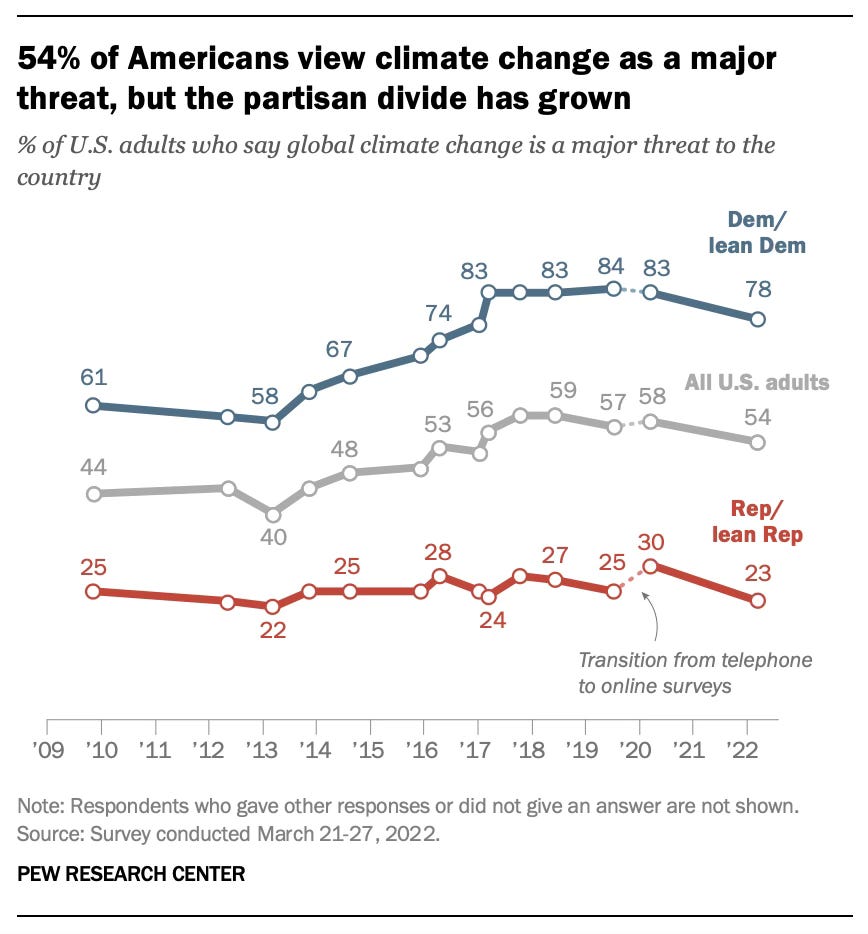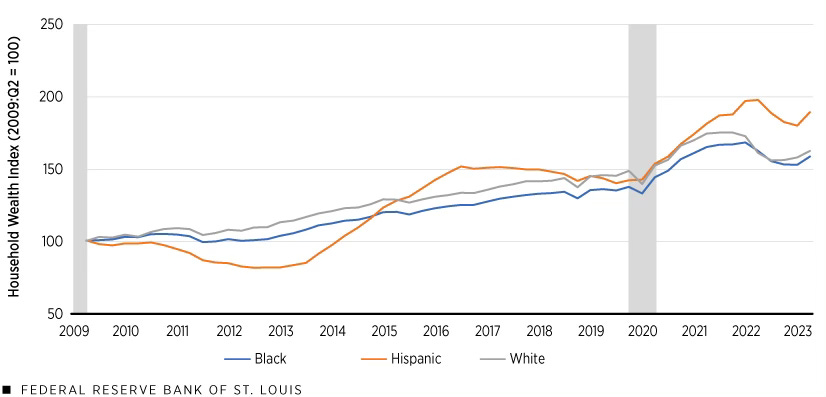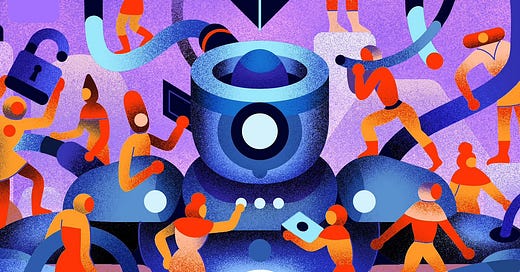On January 2, 2023 I predicted that 2023 would be the year that:
Artificial intelligence would go mainstream
We would move past “climate change” to a “changed climate”
We would pay the price for inflation (bad pun intended)
Was I right?
1. RIGHT: 2023 was the year artificial intelligence went mainstream.
Open AI announced Chat GPT 3 on December 2, 2022.
A few weeks later, one of my students submitted a final paper written using with the help of AI.
Today, schools are allowing students to submit AI-generated personal statements.
It is remarkable how far we have come in embracing AI.
In my January newsletter I raised concerns about how AI could be used to spread misinformation at scale. I also talked about AI’s potential in “dumbing down” content and threatening creative artists, especially if it starts to use its own bland output as fodder for new content.
Those concerns still exist and are real threats as the U.S. presidential election approaches.
Nonetheless, I have also come to realize AI’s potential as a great equalizer:
Generative AI is cheap. Anyone can use it, often at no cost. Microsoft’s recently released Co-Pilot AI app is free for most users.
Generative AI is accessible. You can interact with GPT models using voice or digital input, and the model is built into mobile devices we already use, a boon for the differently-abled.
Generative AI scales knowledge. Like the internet before it, AI allows those with less resources (money, time, knowledge) to scale their ability to excel. For instance, as I shared in an UnfairNation podcast episode a few years back, wealthy families spend thousands to hire consultants to help their children do better on college applications. AI is a free, cheap and easily accessible substitute college application “coach” for many low-income applicants.
2024 may well be the year AI scales to unprecedented heights. I’m excited to see where it goes next.
2. WRONG: 2023 was not the year we changed how we think about climate change
As I write this, towering waves are wiping out coastal businesses in San Francisco and Ventura, CA. This summer, I watched as an unprecedented hurricane pummeled Los Angeles and daily humidity made me feel like I was back in Washington D.C.
I wasn’t imagining it: 2023 was the hottest year on record.
In January I predicted that catastrophic weather events would encourage us to move past climate change and start accepting and responding instead to a “changed climate.”
I was wrong.

Even after all the unprecedented weather events this year, a quarter of Americans remain skeptical about climate change and unwilling to support international efforts to curb global warming.
Meanwhile, climate change continues to affect marginalized communities the most. A billion people live on less than $2.15 cents a day. How do you rebuild with that income after a hurricane wipes out your home?
3. KINDA: This will be the year we’ll pay the price for inflation.
Inflation is back to normal, but prices are not.
As a result, we’ve reached record income inequality in the United States. Even though wages went up this year, they went up a lot less than the cost of goods and services. According to the U.S. Federal Reserve the period of 2020-2023 saw the largest three-year increase in income inequality since the founding of the Fed.
In 2023, the rich became richer, low-income folks and the middle class made a lot less.
At the same time, Hispanic families in the United States are beating the averages in wealth generation despite increasing income inequality. This doesn't mean they aren’t dealing with the affects of pervasive inequality, it just means that these communities, through monumental hard work and perseverance, are seeing less of an overall reduction in their net wealth.

Here’s the good news:
Technology, the environment and the economy solve each others’ problems.
Artificial intelligence is an opportunity to uplift lower-income communities by providing them the tools to enter the higher-paying knowledge economy.
Artificial intelligence models can also solve for persistent behavioral patterns that prevent humans from combating climate change - many are already doing so.
Working to make the environment better also reduces income inequality. That’s because workers in clean energy jobs earn higher and more equitable wages, with even the lowest-paying jobs offering a living wage throughout most of the country. Higher paying jobs in the clean energy economy also tend to have lower educational requirements.
As 2024 dawns, I’m approaching my predictions with optimism. I hope you will do the same for things that are on your mind.
Wishing you and your loved ones a happy, prosperous and just 2024.
… and yes, I know I’m the one determining whether I was right or wrong :)
✈️ Catch Me If You Can
South Africa | December 20 - January 2
Phoenix, AZ | January 31 - February 2
📅 Reading & Watching
Morning Star, Pierce Brown
🙌🏽 FairNation
“The collective punishment of Palestinian civilians through the unlawful use of force by Israel is a war crime. The deliberate denial of medicine, fuel, food and water to the residents of Gaza is tantamount to genocide.” - Matamela Cyril Ramaphosa, anti-apartheid activist, President of South Africa.





